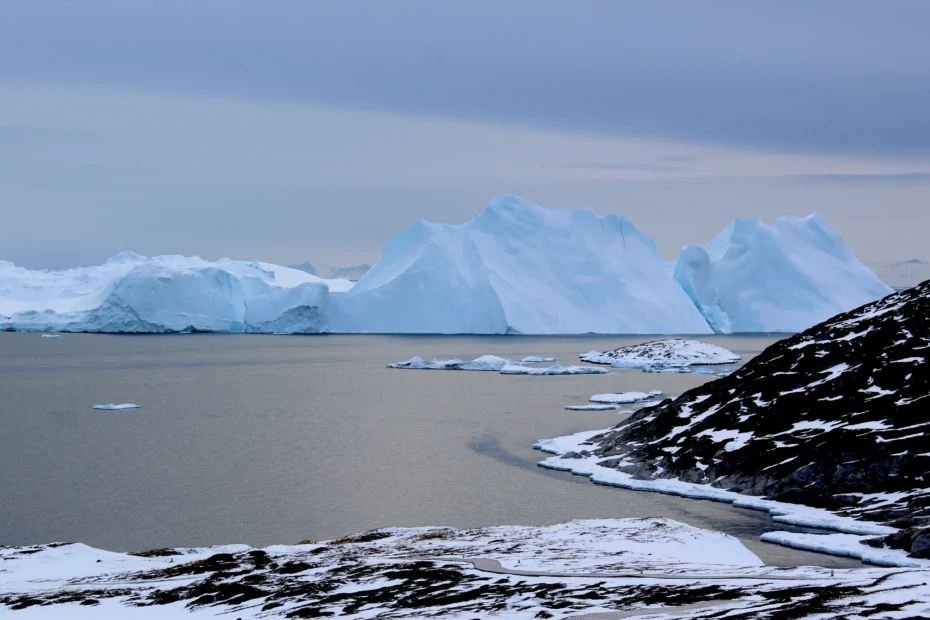Climate experts are sounding the alarm over a troubling new report revealing significant changes in Greenland’s landscape. A major analysis of satellite data indicates that Greenland has lost approximately 11,000 square miles of ice between the mid-1980s and the 2010s. This loss, equivalent to about 36 times the size of New York City, has profound implications for climate change and rising sea levels.
Serious Consequences: Greenland’s Transition to Vegetation and Wetlands
Scientists attribute the loss of ice in Greenland to warmer air, which has transformed vast areas of the North Atlantic territory into vegetation and wetlands. This shift poses serious consequences for climate change dynamics and exacerbates rising sea levels. The transition underscores the urgency of addressing environmental challenges on a global scale.
Insight from Bill Nye, the Science Guy
Renowned science educator Bill Nye provided insights into the implications of Greenland’s ice loss. Nye emphasized the longstanding concerns surrounding the melting ice caps and its impact on rising sea levels. He highlighted the intricate relationship between ice melt, sea level rise, and the vulnerability of coastal communities worldwide.
Sea Level Rise: Implications for Coastal Infrastructure
Nye explained the cascading effects of sea level rise, which threatens coastal infrastructure, housing, and vital amenities. As approximately half of the world’s population resides along coastlines, the encroachment of tidal forces poses significant challenges to coastal communities’ resilience and adaptation.
Disruption of Ocean Circulation Patterns
Furthermore, Nye elucidated the disruption of ocean circulation patterns, particularly the Atlantic Meridional Overturning Circulation (AMOC). The influx of freshwater from melting ice alters the salinity levels, impacting the Thermo Halen circulation critical for global ocean currents.
Addressing Climate Change: Urgent Action Required
Nye emphasized the urgent need for action to address climate change and mitigate its adverse effects. He underscored the importance of raising awareness and engaging in proactive measures to combat climate change on individual and collective levels.
Political Will and Public Engagement
In discussing potential solutions, Nye emphasized the critical role of political will and public engagement in addressing climate change. He lamented the lack of substantive discourse on climate issues among political leaders and called for greater accountability in addressing environmental challenges.
Moving Forward: A Call to Action
In conclusion, Nye emphasized the need for immediate action to address the escalating challenges posed by climate change. He urged individuals and policymakers alike to recognize the urgency of the situation and work collaboratively to implement effective strategies for sustainability and environmental stewardship.
